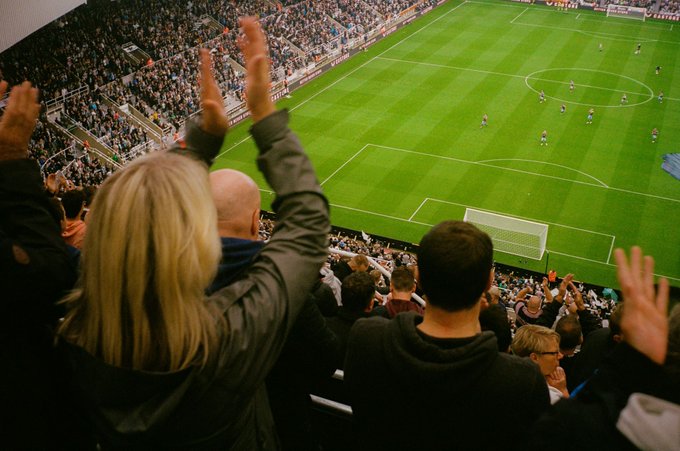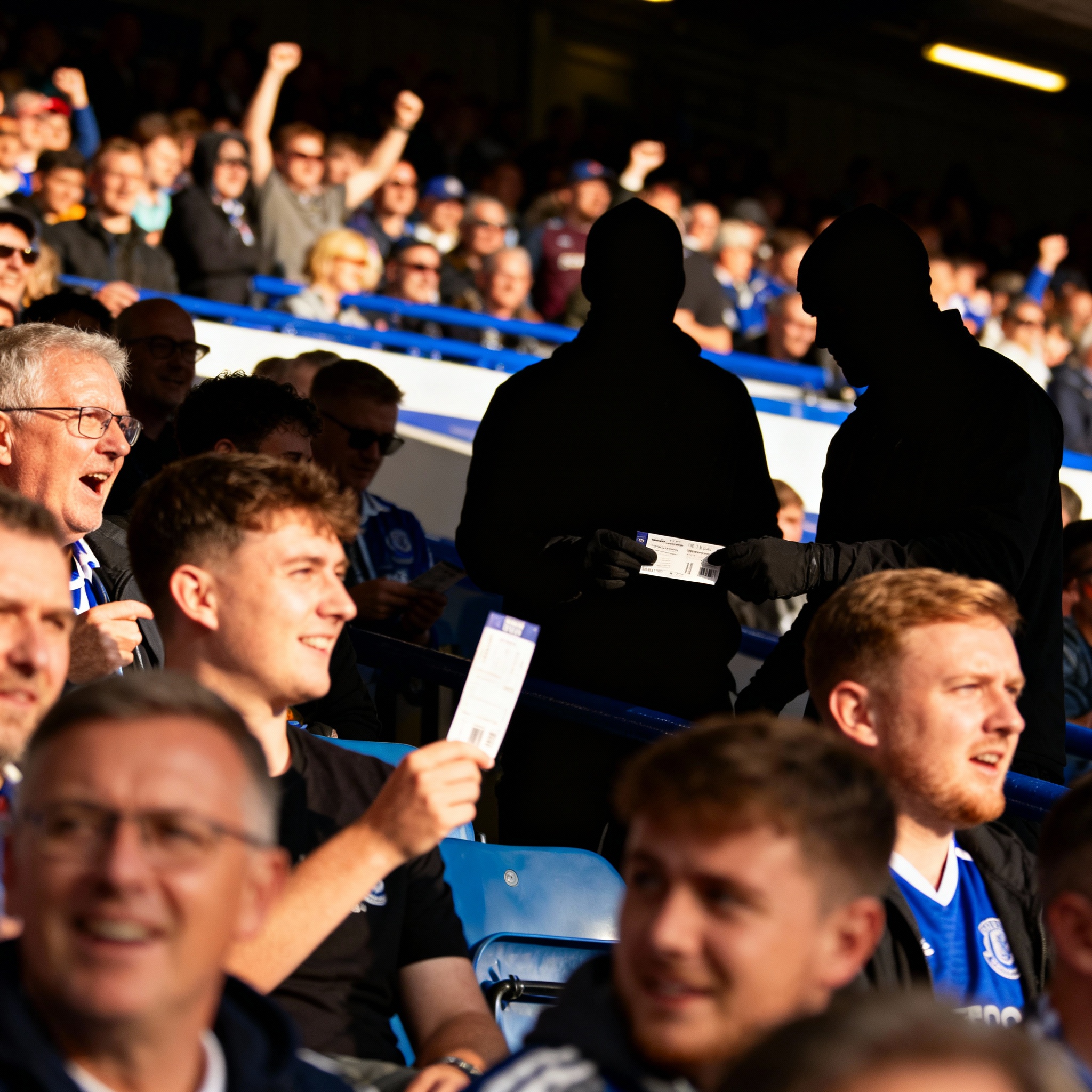A recent BBC investigation has uncovered a widespread and lucrative black market operating within the Premier League ticketing system. Thousands of tickets for some of England’s most popular football matches are being illegally obtained and resold by overseas companies at exorbitant prices. This practice not only blocks genuine fans from attending games at face value but also raises serious safety and regulatory concerns.
How the Black Market Operates
Foreign-based companies, often registered in tax-friendly or loosely regulated countries such as Spain, Dubai, Germany, and Estonia, use advanced software and fake memberships to bulk purchase tickets from official club websites. They circumvent UK laws that prohibit unauthorized resale by operating beyond UK jurisdiction.

These bulk-obtained tickets are listed on unregulated resale websites, many of which appear on the Premier League’s “unauthorized” list. BBC Sport managed to purchase tickets from four such sites—Live Football Tickets (Spain), Seatsnet (Dubai), Ticombo (Germany), and Football Tickets Net (Estonia)—for highly sought matches including the Manchester derby.
The Scale and Pricing of the Black Market
The exposure revealed tens of thousands of tickets listed on these unauthorized platforms, often representing a substantial fraction of stadium capacity. For example, over 18,000 tickets were listed for a single Arsenal match, nearly one-third of Emirates Stadium’s seating. Prices on the black market ranged dramatically, from £55 up to a staggering £14,962 for premium hospitality areas.
| Aspect | Details |
|---|---|
| Tickets canceled (Arsenal) | Nearly 74,000 memberships canceled |
| Tickets listed (Arsenal vs. Nottingham Forest) | 18,000+ tickets (approx. 1/3 stadium capacity) |
| Price range of tickets | £55 (lowest) to £14,962 (premium seats) |
| Typical resale fees | Approximately 25% service fees added |
| Price inflation | 2x to 25x face value |
Security and Safety Risks
Tickets sold through the black market often come with instructions designed to evade security: buyers are told to avoid speaking to stadium staff or stewards and not to wear away team colors, deliberately undermining critical crowd segregation policies. This compromises fan safety by mixing rival supporters in unauthorized sections. During the Manchester derby, a BBC journalist successfully entered the home team section with such a black market ticket without interrogation, highlighting these serious vulnerabilities.
Impact on Fans and Clubs
Long-standing fans frequently find themselves locked out of official channels as sophisticated bots and fake memberships bulk-purchase tickets. This not only inflates ticket prices beyond the reach of many supporters but also damages club reputations and matchday atmosphere.
Efforts by clubs include Arsenal’s announcement to cancel 74,000 accounts suspected of illegal ticket purchases and Everton working with law enforcement against touts. However, enforcement remains challenging due to the international nature of the resale firms, which evade UK jurisdiction.
What the Football Supporters’ Association (FSA) Says
Tom Greatrex, chair of the FSA, called the problem “endemic across the game” and urged for legislative changes to close loopholes exploited by overseas companies. The FSA emphasizes the need for collaboration between clubs, government, and law enforcement to protect genuine fans and uphold ticketing integrity.
Summary Table of Key Findings
| Key Point | Description |
|---|---|
| Number of unauthorized sites | Over 50 websites listed by Premier League |
| Tickets sold illegally weekly | Estimated thousands across matches |
| Average price inflation | 2-4 times face value, with spikes up to 25 times |
| Club actions | Mass account cancellations (e.g., Arsenal: 74,000 accounts) |
| Legal barriers | Overseas companies beyond UK law enforcement reach |
| Fan advice | Avoid unauthorized tickets; risks include invalid tickets & security issues |
Conclusion
The Premier League ticket black market represents a serious challenge for clubs, regulators, and fans alike. As overseas companies exploit technological and legal loopholes, genuine supporters face inflated prices and reduced access to matches. The associated safety risks from compromised segregation measures further exacerbate concerns. Clubs are taking action, but without enhanced legislation and international cooperation, this black market is likely to persist, threatening the matchday experience and the integrity of English football.

